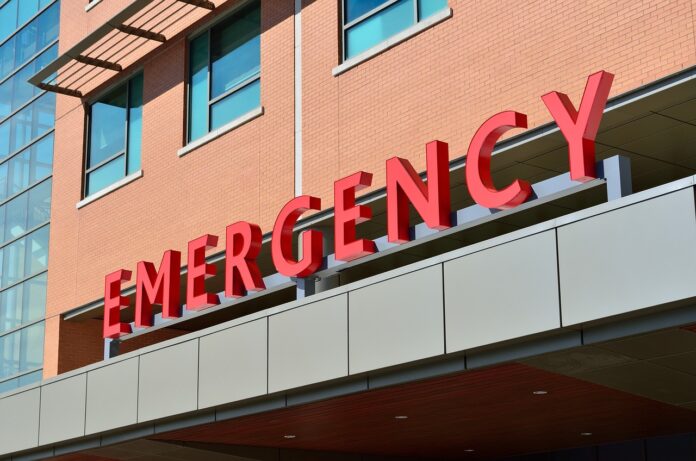
Emergencies that take you to urgent care Philadelphia are never fun. We hope that we won’t have to deal with a situation that would take us to urgent care, but it’s important to be prepared just in case you or a loved one needs emergency care. Visiting an urgent care facility is slightly different than visiting a primary care doctor. Your doctor will have your information and medical records on file, but an urgent care facility may not have all of the pertinent info on hand, even if it’s something that could be accessed with some time. Having relevant information on hand is the best way to ensure a smooth trip to urgent care. Injuries or medical emergencies can be scary, so make sure you have the following information handy before going in.
Identification
The first and most obvious thing to bring with you is a form of identification. This is the most important piece of information. Without it, the urgent care facilities may not be able to identify you, which can lead to a delay in care. In an emergency, this is obviously not ideal. Having a driver’s license, state ID, or passport is essential to ensure quick identification and faster care given to you or the person experiencing the health emergency.
Insurance Card
Secondly, and equally, as important as personal ID, you will need proof of insurance. You can use your physical insurance card or pull up a digital version on your insurance app (if applicable). For obvious reasons, urgent care facilities in any city will need to see your insurance card to determine how to bill you for your visit. If you don’t have insurance or forget your card, you may be stuck with a hefty bill that may be difficult to pay. The system in the US isn’t perfect, but it’s still important to be prepared for what to expect.
A Way To Pay
You’ll likely need to pay a copay for your visit if you have insurance. Hopefully, this is all you’ll need to pay, but it’s important to bring a valid payment method so you can pay for your visit without needing to worry about getting a bill in the mail. A standard debit or credit card will suffice, so make sure you bring your wallet with all the essential items like your ID, and credit and debit cards.
Questions
Whenever we experience a health issue or emergency, we are often looking for answers to questions along with care to deal with the injury or emergency. Make sure to come prepared with detailed and thoughtful questions to ask the doctor about how to care for yourself after the visit. Patients often forget to ask the questions they want because of the high intensity of the situation, which is completely understandable. But it is important to keep a calm and collected attitude so you can articulate the things you want to know about your or your loved ones’ situation.
Personal Health Information
In addition to identification, insurance card, and payment method, one should also bring a detailed list or account of their current medications, allergies, or underlying medical conditions that may impact their care. This is essential information to give your physician, especially at an urgent care facility where they won’t have your records on hand. It’s a good idea to have this documentation in a safe and secure place in your home so you can access it easily in the event of an emergency.
Emergency Contact Information
This should be fairly easy to have on hand, but emergency contact information is another essential piece of information you’ll need to have on hand. In most cases, you can take the information straight from the contact on your smartphone. In addition, it may be a good idea to have your emergency contact’s address saved if it is different from your own. It also may be a good idea to have multiple emergency contacts in case one isn’t reachable. Most urgent care facilities will ask for several regardless, so be prepared to access several of your contacts to give for your emergency contacts.
Conclusion
In short, before an urgent care Philadelphia visit, one should prepare a go-bag in the case of an emergency, including identification, insurance cards, a payment method, medical records, and emergency contacts. Having these documents ready will make any emergency care trip much easier. Not being prepared can make a scary situation even more stressful. So if you don’t have all this information easily accessible, find a secure place to store these items in your so you can quickly access them in the future. Urgent care is never fun, but you can make it less stressful by being prepared before going in.










